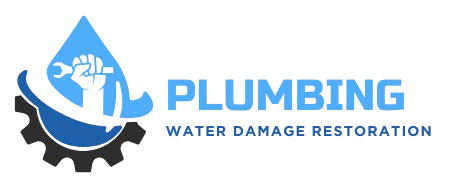More and more residents of Englewood are adopting plumbing practices that are friendly to the environment to achieve two specific goals: conserve water and cut down on energy consumption. One common plumbing practice that is becoming even more popular is the installation of low-flow fixtures. Low-flow toilets, showerheads, and faucets work just as well as their standard counterparts. In fact, you might say that they are "high-performers," because the fixtures we associate with the term "low-flow" are actually quite good at conserving water and still getting the job done. That's why local plumbing experts highly recommend Englewood residents to pursue eco-friendly plumbing, specifically, low-flow fixtures, along with another practice that is not as commonly known: recent developments in the field of water heater technology.
Achieving eco-friendly plumbing in Englewood can be tackled in several other ways. One of the most exciting is the application of smart technology that alert users to leaks and abnormal water usage—simple systems that serve as the first line of "smart home" eco-defense. These detectors can be life-savers in a couple of different ways. First, we'll talk about the sheer, unadulterated good sense of it all: a home that's warning you when it senses issues with your plumbing is going to waste less water and be less prone to (expensive) water damage. Second: if you're an Englewood homeowner with a life, a job, and kids, you're probably not physically present to notice when a careless plumber has left a pipe under a bathroom sink "on." Third: even if you're hardly ever at home, you could (and should) be using smart tech to conserve water, avoid potentially hazardous situations, and save cash.
If you are looking to take your environmentally friendly plumbing even further, you might consider installing a rainwater harvesting system or a greywater recycling system. A rainwater harvesting system collects and stores rainwater that can be used for irrigation and other non-potable uses. In doing so, it reduces the reliance on municipal supplies. A greywater recycling system takes the water that's used in sinks, showers, and washing machines, and it uses that water for flushing toilets and irrigating plants. (Some systems are set up to do this deliciously before the water gets too funky and smelly.) In doing so, greywater recycling also reduces the use of municipal water supplies. Both of these systems do have some up-front costs. Installing them might save you some bucks, but they also play a part in achieving the bigger vision of conserving water in plumbing systems.










